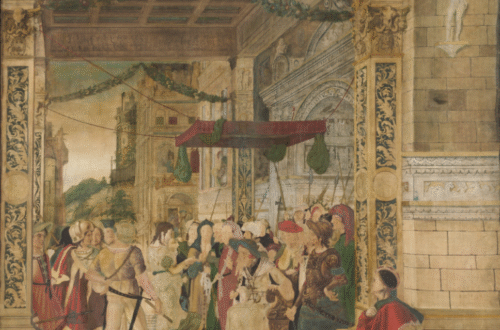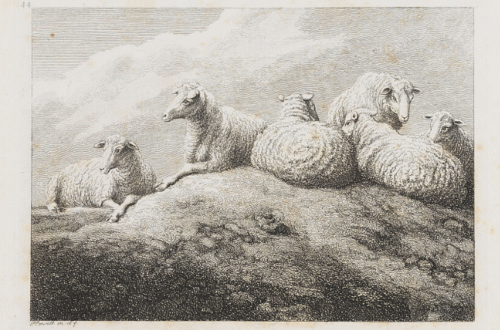Sometimes, the Bible tells a whole story in a single verse. In Genesis 35:22, we read:
“While Israel was living in that land, Reuben went and lay with Bilhah, his father’s concubine; and Israel heard about it.”
Just one sentence. No added commentary. No dramatic pause. No confrontation scene. Just—Reuben, the firstborn, committed a shameful act with his father’s concubine, and somehow, Israel (Jacob) found out.
It’s sandwiched between the grief of Rachel’s death and a list of Jacob’s sons—as if the writer didn’t quite know what to do with it. But there it is, quietly disrupting the family legacy.
How Did Jacob Hear?
The verse says, “Israel heard about it.” We’re left to wonder: Who told him? Did someone witness it and come forward? Was it gossip? Small towns—ancient or modern—aren’t known for keeping secrets. The text doesn’t say, and maybe that’s the point.
Some sins are meant to be hidden. Reuben and Bilhah surely didn’t plan on sending out announcements. This was meant to stay secret—but secrets have a way of surfacing, especially when they’re rotten.
Why Include This?
You might ask, “Why is this even in the Bible?” Especially when the next verse moves on to list the twelve sons of Jacob, without so much as a comment. But maybe the lesson is exactly that—sin doesn’t always erupt in the moment. Sometimes, it lingers in silence, buried under the surface… until the day of reckoning comes.
The Reckoning
It’s not until Jacob is on his deathbed in Genesis 49 that the impact becomes clear. To Reuben, he says:
“Reuben, you are my firstborn…
Unstable as water, you shall not excel,
Because you went up to your father’s bed;
Then you defiled it…”
No further punishment is recorded in Genesis 35. But that final word from a dying father is devastating. “You shall not excel.” It’s the undoing of a legacy Reuben might have had.
Was It Power? Was It Revenge?
Some scholars suggest Reuben’s act wasn’t just lust, but a power play. An attempt to assert dominance or to block Bilhah from rising in status after Rachel’s death. Was this about humiliating Bilhah, or asserting himself as next in line? Maybe both.
Whatever the motivation, the outcome was clear: disgrace, broken trust, and lost inheritance.
A Word for Father’s Day
It’s fitting—if painfully so—that this passage falls near Father’s Day. It reminds us how easily the sins of one generation bleed into the next, how fragile trust can be, and how silence isn’t always golden.
Jacob’s silence in Genesis 35 is eerie. Did he say nothing at the time? Did he wait for the right moment? Or did he simply carry it in his heart until the day he could finally speak truth?
As fathers, sons, and families, we’re reminded that the choices we make ripple through time. And yet, even in disgrace, Reuben’s name isn’t erased. He remains part of the Twelve Tribes. The consequences are real, but grace isn’t gone.
A Final Thought: No Verse Is Too Small
This story—just one sentence long—is a reminder that no part of Scripture is too small or too awkward to matter. The Bible tells the truth of human lives—messy, broken, sinful, sometimes shocking. And yet, God works through it all. Nothing is wasted. Not even a footnote like Genesis 35:22.
Let’s not read the Bible just to finish it. Let’s read it to find ourselves in it. Sometimes even in the most uncomfortable places.
Original Title: Reuben & Bilhah, June 16, 2024 (for Father’s Day) | Shubert Christian Church Shubert, Nebraska





